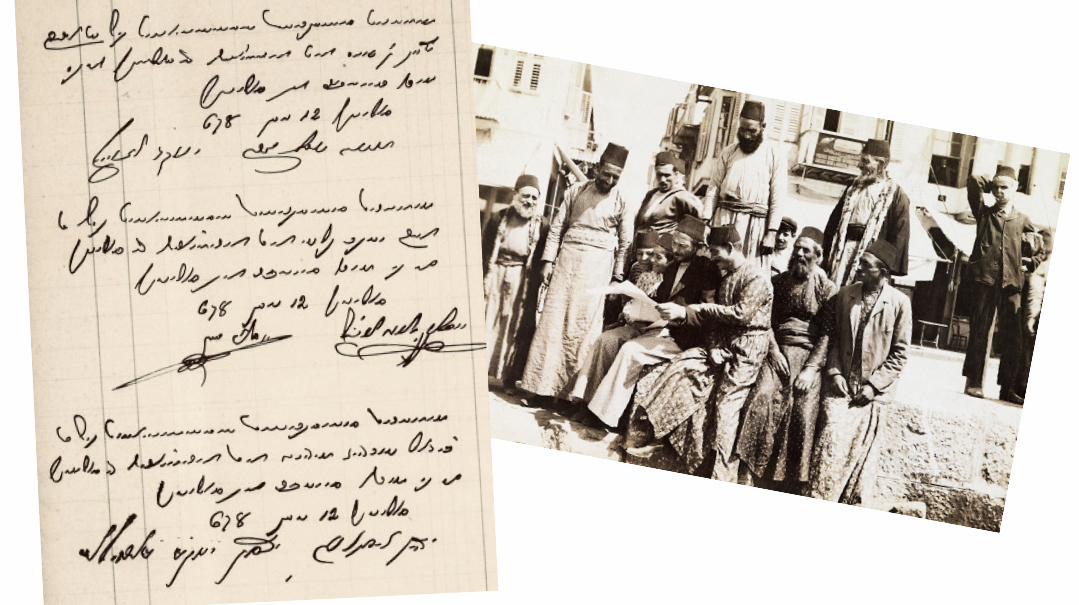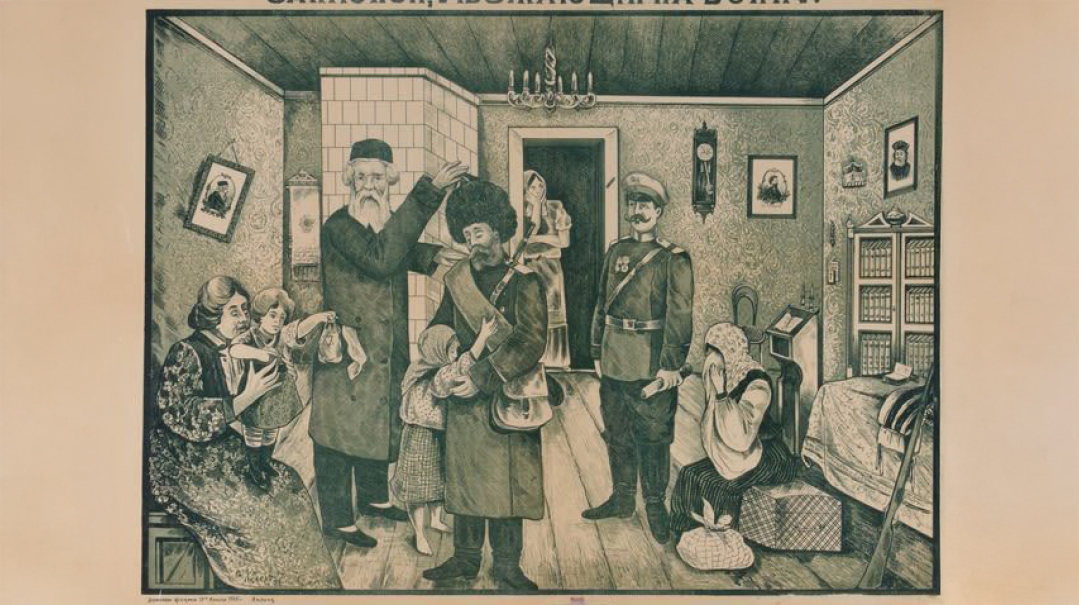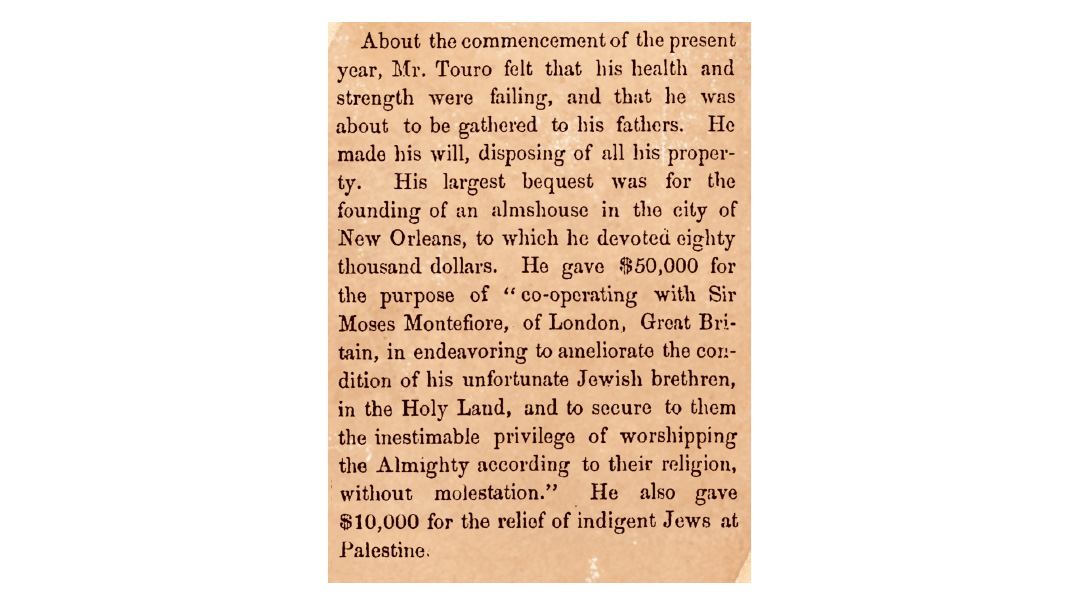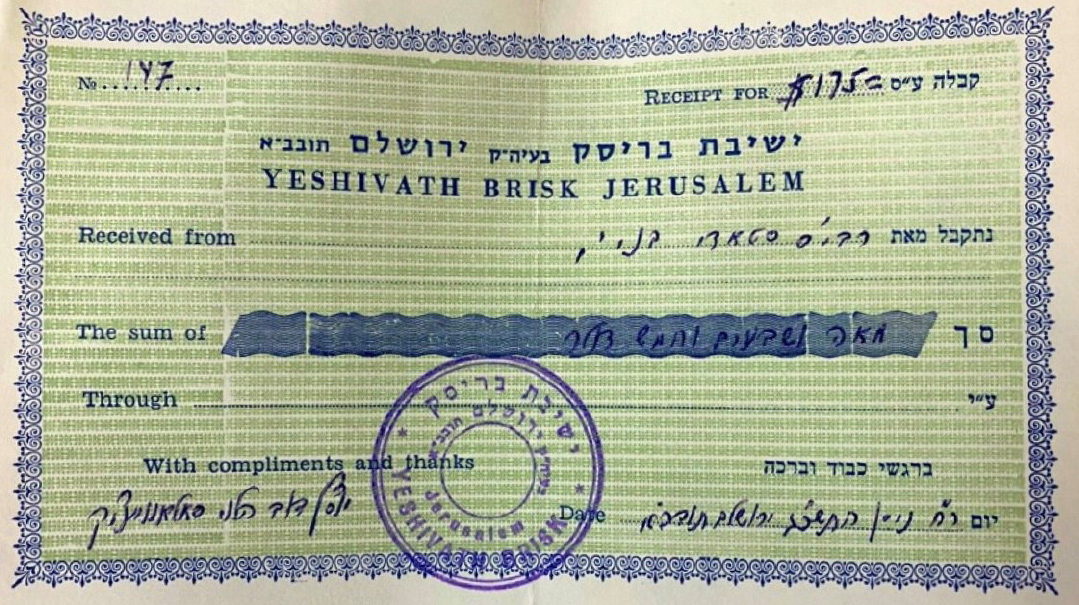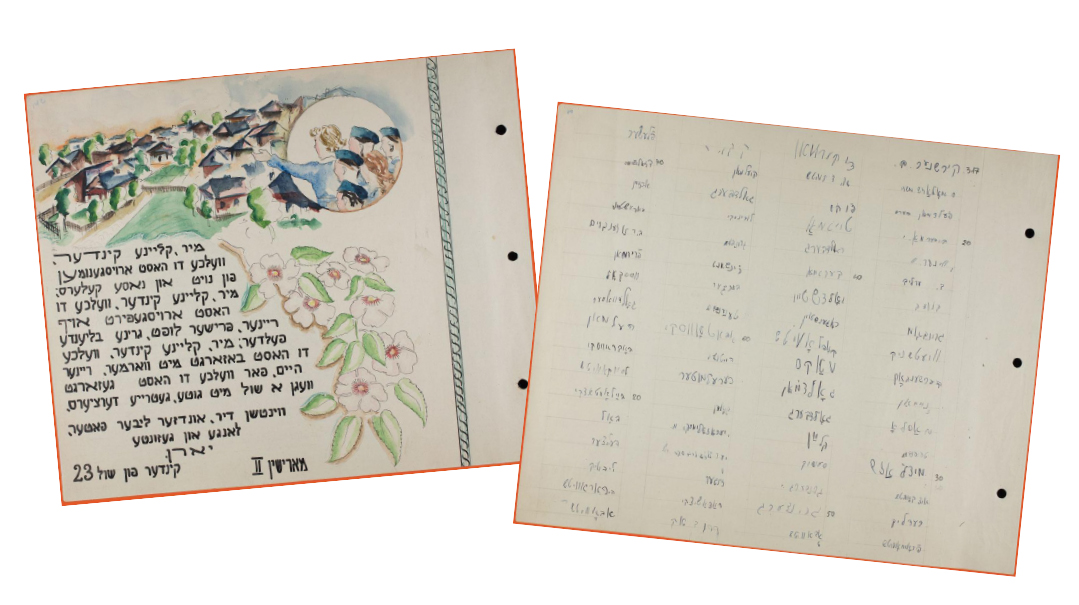Hammerin’ Hank and Judgment Day
| September 12, 2023Ultimately the Greenberg Rosh Hashanah story reflects the tragic course of American Jewish assimilation

Title: Hammerin’ Hank and Judgment Day
Location: Detroit, Michigan
Document: Detroit Free Press and Detroit Jewish Chronicle
Time: September 1934
Henry Greenberg need not have any pangs of conscience because he plays baseball during the Jewish holidays. Rabbi Joseph Thumim, of Temple Beth Abraham, one of the oldest Orthodox Jewish communities in Detroit, is the authority for this balm to the troubled Greenberg mind. He was asked by The News for a statement on the matter. Delving deep into the books of the Talmud, Rabbi Thumim, a recognized authority on Orthodox Jewish laws, found several provisions on this situation in which Greenberg finds himself, and even the most conservative of the Orthodox will have difficulty in raising valid objections in the face of the Rabbi’s ruling.
—Detroit Jewish Chronicle, September 1934
Sandy Koufax’s decision to sit out Game 1 of the 1965 World Series because it coincided with Yom Kippur is known to nearly every American Jew. Three decades earlier, however, another Jewish Hall of Famer struggled with a High Holiday conundrum, with more mixed results.
Henry “Hank” Greenberg was born in New York City in 1911 to Romanian immigrants who maintained a traditional Jewish home. In 1934, his second full season in the major leagues, the 23-year-old Greenberg was known as the “Hebrew Hammer,” batting .339 and hitting 26 home runs to lead the Detroit Tigers to their first pennant since 1909. In the days leading up to Rosh Hashanah that year, a media frenzy ensued over whether Greenberg should play on Yom Tov in what was deemed a crucial game in the pennant race or honor his Jewish convictions and sit out.
Detroit, home to Henry Ford and Father Charles Coughlin, was already a tough city for a Jewish baseball player to thrive in. “They were calling him every name in the book,” recalls his son Steve Greenberg. It wasn’t any easier when the Tigers played on road. “Throw him a pork chop, he can’t hit that,” was a common refrain from opposing fans.
But the pennant race brought the pressure on Greenberg to a new level. His manager and teammates publicly stressed the importance of having their star slugger on the field. Local newspapers underlined Greenberg’s obligation to the city of Detroit. Sportswriters emphasized Greenberg’s special “duties toward his teammates.”
Other reports were more sympathetic. The Detroit Evening Times stated, “Essentially, Rosh Hashanah is not a joyful but a thoughtful day. Unlike the celebrations of the New Year among other nations, the New Year of the Jew is devoted to supplications and to the searching of one’s self.”
Most news reports shared the assumption that Greenberg had been granted permission to play by a rabbi. But that assumption was not well grounded.
A question was put to Rav Yosef Thumim, a respected local rav who had once hosted Rav Meir Shapiro in his home for Pesach. Born into a prominent Galician rabbinical family, Rav Thumim (1874–1962) moved to the United States in 1912 and was eventually appointed rabbi of Detroit’s Beth Abraham Galicia community, serving there for nearly a half century.
According to the local newspapers, Rav Thumim’s pronouncement was rather nuanced and theoretical, stipulating three conditions for Greenberg to be permitted to play: no tickets were to be purchased by Jews on the day of the game, or carried there; there was to be no smoking at the game; and the concessions should be kosher.
It was clear that Rav Thumim, a bona fide talmid chacham who served as chairman of the Detroit Vaad Harabonim and was a member of the Agudath Harabonim, had been asked about a hypothetical situation rather than the specific one at hand. Obviously, Greenberg had no control over ticket sales and concessions, and Rav Thumim didn’t address the central issue of whether Greenberg’s participation constituted a violation of the holiday.
The media, however, seized upon this statement as giving blanket permission for Greenberg to play. The Detroit News ran with the headline, “Talmud Clears Greenberg for Holiday Play.”
Jewish historian Irwin Cohen describes Rav Thumim’s reaction, which he shared in the following week's edition of the Detroit Jewish Chronicle: “He came out very upset after that — that he was misquoted. He says that according to Jewish law, it would be difficult to permit playing in a professional baseball game on Rosh Hashanah. He was a very Orthodox man — long white beard, dressed in black. He’s from a long line of Orthodox families. Rabbi Thumim did not give Hank Greenberg permission to play on Rosh Hashanah.”
Another opinion was being circulated by Leo M. Franklin, a Reform leader in Detroit, which further confused the already perplexed Greenberg:
There is no power granted to the rabbi to give dispensation to anyone for doing anything which reads contrary to his own conscientious convictions; indeed, we insist upon the doctrine of personal responsibility. Mr. Greenberg, who is a conscientious Jew, must decide for himself whether he ought to play or not. From the standpoint of Orthodox Judaism, the fact that ballplaying is his means of livelihood would argue against his participation in the Monday game. On the other hand, his taking part in the game would mean something not only to himself but to his fellow players and to the community of Detroit. But in the last analysis, no rabbi is authorized to give or to withhold permission for him to do so, to give Hank Greenberg permission to play on Rosh Hashanah.
On that fateful day, Hank Greenberg arrived at the clubhouse from the synagogue and decided to participate in the game. His two home runs won the game for Detroit, and he was celebrated across the city and in the press. But many in the Jewish community were less than thrilled with Hank’s decision. He received phone calls and telegrams from rabbis and Orthodox Jews who felt that he had given up on his religion and that he’d make it harder for Jews to stay true to their faith in the future. Hank came across as someone who, when push came to shove, would choose his livelihood over his religion.
Ultimately the Greenberg Rosh Hashanah story reflects the tragic course of American Jewish assimilation. Baseball Magazine perhaps summed it up most succinctly: “He had led his ancestral race into a new promised land, the field of major league baseball, a field where they have been comparative strangers. Since America is the melting pot of all nations, it is quite fitting and appropriate that baseball should be represented by players of all racial strands and stocks.”
By taking pride in Greenberg’s accomplishments in the “national pastime,” Jews hastened their collective entry into American life.
No Baseball on Yom Kippur
Greenberg sat out for a game on Yom Kippur eight days after the Rosh Hashanah game. Greenberg later recalled: “The only way that I might have been a hero in those days was the day I walked into the Shaare Tzedek Temple [Conservative] on Yom Kippur. The poor rabbi’s standing on the podium praying, and suddenly I walk in and everybody in the congregation gets up and [claps], and I’m embarrassed as can be, because it was all totally unexpected.” Poet and Detroit resident Edgar Guest wrote a poem in his honor. “We shall miss him on the infield and shall miss him at the bat, but he’s true to his religion — and I honor him for that.”
Hebrew Happy New Year
The day before the Rosh Hashanah game, the Detroit Free Press ran an headline that was unprecedented in US journalism. Emblazoned on the front page were the Hebrew words “L’shanah tova tikaseivu.” This marked the first time in the history of the American press that Hebrew block letters were used in the headline of a major newspaper. In the days before digital printing, this meant that the newspaper had to obtain special metal plates to produce those three words.
(Originally featured in Mishpacha, Issue 978)
Oops! We could not locate your form.

